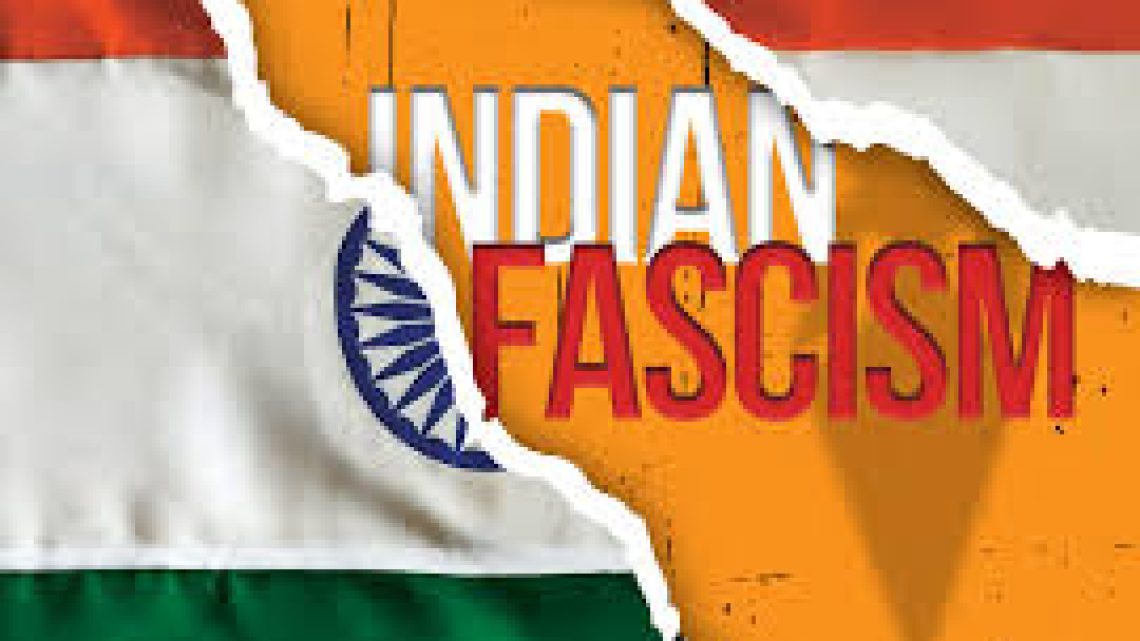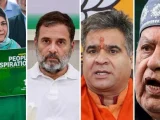
DFP Claims BJP-RSS Network Seeks to Establish India as a Hindu Extremist State
October 7, 2024The Jammu and Kashmir Democratic Freedom Party (DFP) has condemned recent blasphemous remarks made by Hindu fanatic Yati Narsinghanand against Prophet Mohammed (SAW). The DFP claims that the BJP-RSS alliance aims to transform India into a formal Hindu state.
In a statement from Srinagar, DFP spokesman Advocate Arshad Iqbal urged Kashmiri Muslims to engage in peaceful protests to express their discontent with Narsinghanand’s comments. He called for strict action against Narsinghanand and others involved in the incident.
Iqbal labeled Narsinghanand’s remarks as a deliberate attempt to insult the sentiments of Muslims. He argued that such derogatory speech exemplifies growing Islamophobia and increasing hatred towards Muslims in Indian society.
According to Iqbal, the BJP-RSS alliance is using communal division as a political tool to maintain power. He expressed concern that their tactics are fueling communal violence and intensifying tensions across the nation.
Since Narendra Modi’s election in 2014, communal violence against India’s Muslim minority has reportedly increased. Iqbal indicated that hate crimes and inflammatory rhetoric from extremist Hindus have become more frequent since that time.
These communal policies, he asserted, place Muslims in Indian illegally occupied Jammu and Kashmir (IIOJK) and throughout India at serious risk. Iqbal emphasized that the situation has reached a dangerous level, with Muslims feeling increasingly threatened.
The DFP’s statements reflect a broader concern among minority communities in India. The rising tide of communalism is not just a political issue; it has profound social implications. As tensions escalate, many fear for their safety and cultural identity.
The DFP’s call for peaceful protests aims to highlight these issues without resorting to violence. Such actions could serve to unite the community and raise awareness about the ongoing challenges they face.
In the face of rising Islamophobia, advocacy groups stress the importance of solidarity among minority communities. They argue that a united front is essential to combat the narrative that seeks to marginalize them.
The remarks by Narsinghanand and the ensuing backlash exemplify the current climate in India, where communal tensions are increasingly pronounced. The response from groups like the DFP showcases the resilience of those advocating for peace and coexistence.
The DFP’s condemnation of blasphemy underscores the urgent need for dialogue and understanding in a polarized society. As the BJP-RSS nexus continues to stoke communal tensions, the call for peaceful protest represents a crucial step towards fostering harmony. The situation remains delicate, with the potential for significant repercussions on the social fabric of India.

